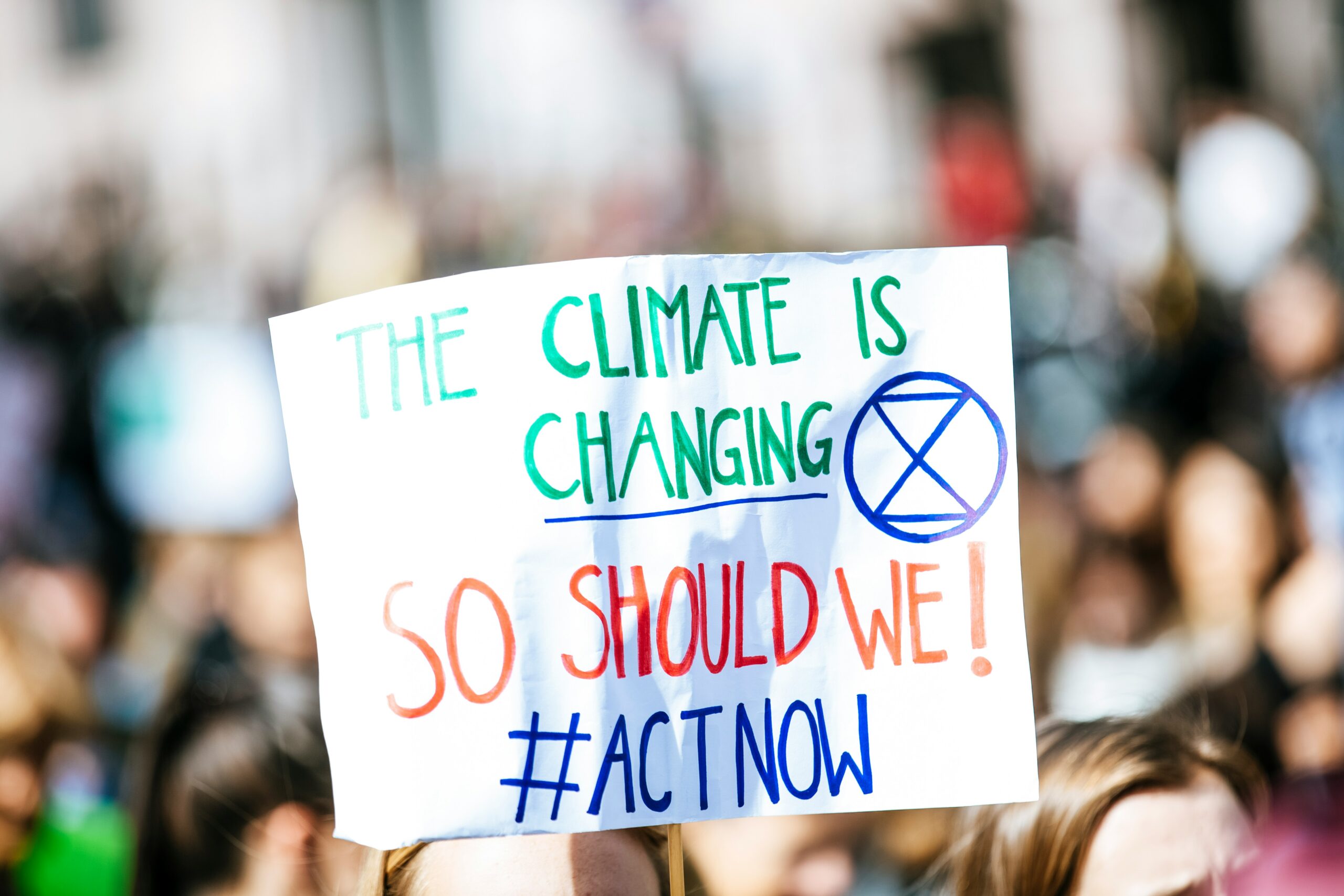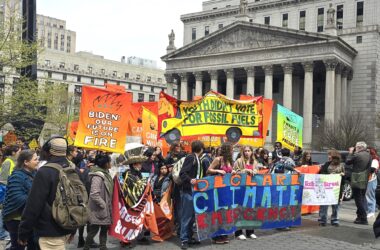The 60th session of the United Nations Framework Convention on Climate Change (UNFCCC) will take place in Bonn, Germany, from June 3-13 and will focus on loss and damage from climate crises and adaptation.
The conference, organized under the auspices of the Subcommittee on Implementation (SBI) and the Subcommittee on Scientific and Technological Advisory (SBSTA), two subcommittees of the United Nations Framework Convention on Climate Change (UNFCCC), began on June 3 at the World Congress Center in Bonn, Germany.
The meetings, which will last for 10 days, will assess the progress made in the fight against climate change ahead of the 29th Conference of the Parties (COP29) to the UN Framework Convention on Climate Change, which is considered to be the most important climate event and will be held in Baku, the capital of Azerbaijan, from November 11 to 22 this year.
The conference, which is expected to be attended by around 6,000 people, including country delegates and civil society representatives, will focus on climate change, the presentation of the Nationally Determined Contributions (NDCs), climate adaptation plans and just transition options.
Among the issues expected to be addressed during the conference under the auspices of the Conference on Financing are how to achieve emission reductions in a cost-effective manner, developments in studies on the distribution of carbon emissions, and the state of research on alternative sources of finance needed to fight the climate crisis.
Under the main leadership of the process of submitting the Declarations of National Contributions, which the Parties to the Agreement committed to submit as part of their Action Plans with the Paris Climate Change, there is technical support to achieve success in the preparation of the Declarations.
The preparation of transparency reports (TRs) is expected to be another prominent topic. According to the systems in which the Paris currency was established, it was accepted that transparency reports covering the political steps taken by countries against climate crises, changes, adaptation, financial status and progress in the name of national contributions will be submitted every 2 years. In this context, the first submission is scheduled for December 31, 2024.
The impacts of climate change, especially economic and social damages, and the negative adaptation efforts of the climate crisis will be one of the topics on the agenda. The National Adaptation Plans (NAPs) to be implemented by countries and covering many sectors will be evaluated at this time.
Joint message from the committee chairs
Nabeel Munir, Chair of the Sub-Committee on Implementation, and Harry Vreuls, Chair of the Sub-Committee on Scientific and Technical Advice, issued a message prior to the conference. The message emphasized that 2024 is a critical year for the Framework Convention on Climate Change, “because it will be the year when the rules will be presented for the first time in their transparency reports for the previous year and lay the foundation for the national contribution declarations they will submit next year.
For this reason, it is necessary to take more concrete steps at the meetings to be held in 2024, the message stressed:
“Keeping in mind our common goals and interests, we urge parties to use the time leading up to the meetings to reflect on their positions, to explore areas where bridges can be built and compromises made, and to identify potential avenues for redress. For our part, those of us with departments are making every effort to help reach out in Bonn.” (AA)



 UN
UN 




